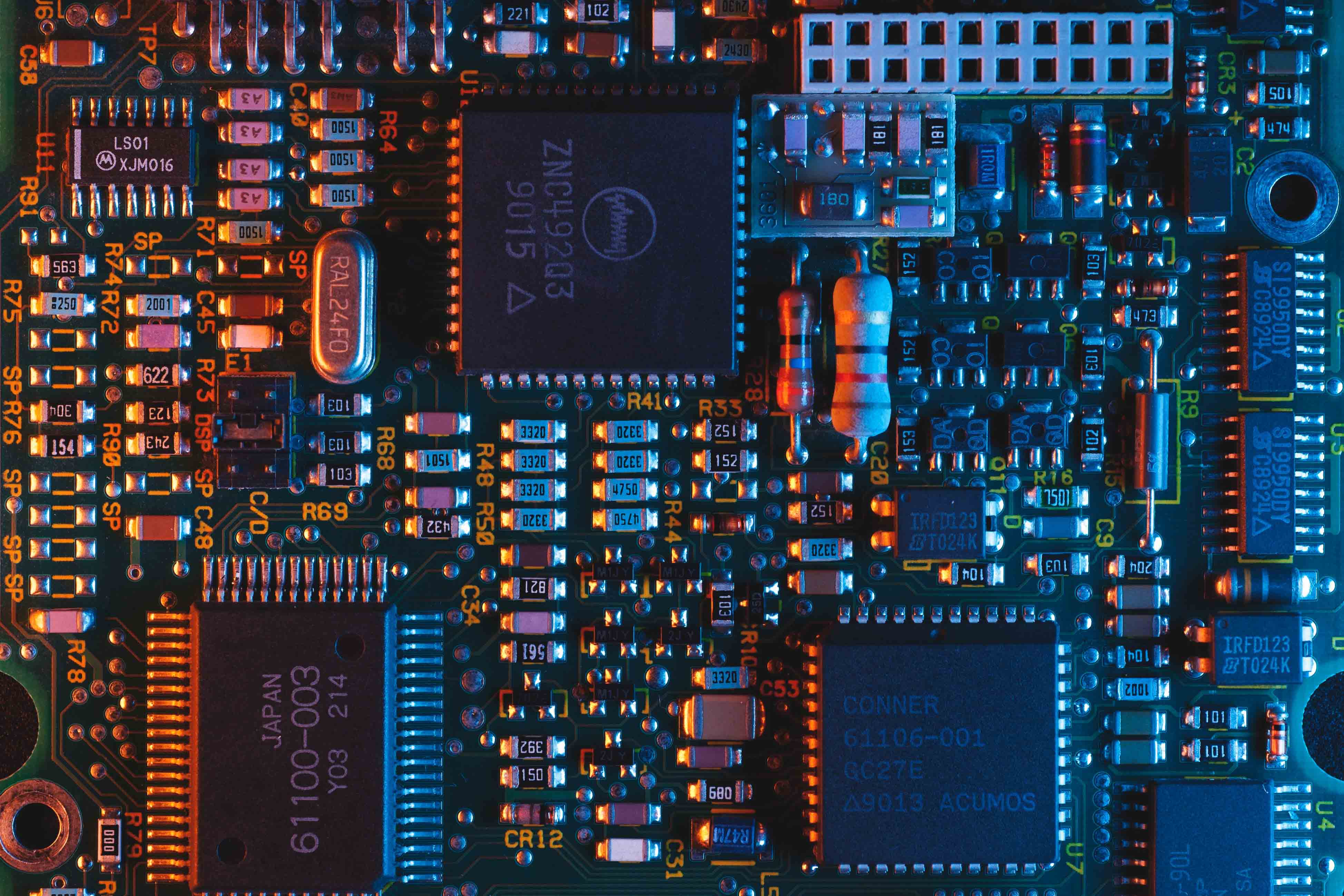For more inquiries
DURATION
4 Year(s)
LANGUAGE
English
LOCATION
Residential Campus
Intake
March
September
September
Mode Of Study
Full-time
Format
In-person
Electronic and Electrical Engineering - Lancaster University, UK
Our design-based degree teaches the essentials of electronic and electrical engineering, allowing you to engage with creativity and develop a range of practical and professional skills, which will create opportunities in a range of industries. Electronic and electrical engineering is concerned with the broad application of electricity and electronics, ranging from small intelligent microprocessor based systems through to large scale power generators. Virtually every sector requires and uses electronic or electrical engineering and it is difficult to think of an application where it does not have influence. You will benefit from our research informed teaching, which is a key strength of this programme. You will join a thriving academic department that makes use of our expertise in microelectromechanical smart systems; novel electromagnetics; radio frequency engineering; and millimetre waves with THz signals. Through this programme, you will be exposed to our work with organisations such as CERN and the European Space Agency.
A student should enroll for either of theabove degrees at SLTC to complete the first Two Years. After completion, he or she could work on the transfer procedure with Lancaster, UK.
SLTC Degree Programs
(Corresponding 3 Degree Programs)
BSc (Hons) in Engineering in Electronics and Power Systems
BSc (Hons) in Engineering in Electronics and Telecommunication
BSc (Hons) in Engineering in Electronics and Engineering Management

WANT TO KNOW MORE?
Discover additional information about the program
this programme
IS FOR INDIVIDUALS WHO ARE…
Passionate about engineering
Keen on pursuing Physical and Mathematical studies at the undergraduate level
Thriving on creative analysis and enjoy problem-solving
LOOKING FOR…
A globally recognized undergraduate degree
Opportunities to develop the knowledge and skills required to excel in the field of electronics and power systems engineering
An innovative learning processes
Global internship opportunities
Access to groundbreaking research programmes
TO BECOME
Recognized professionals in the field of Electronics and Power Systems Engineering
Experts in the field of Electronics and Power Systems
Consult and provide engineering expertise to government agencies, corporations, and businesses
Eligibility Criteria
General intake
Eligibility Criteria when entering SLTC
The entry requirement is a minimum of 3 ordinary passes (S) in approved subjects in the Physical Science stream at GCE A/L
Examinations in one and the same sitting and a minimum mark of 30% for the Common General Paper.
Eligibility Criteria when entering Lancaster University
When students study at SLTC one needs to achieve a minimum GPA 3.0 or more in the first (3 semesters)
RECOGNITION
IN LINE WITH THE WASHINGTON ACCORD
The curriculum of this degree programme is in line with the Washington Accord

MEMBER OF ACU
SLTC Research University is a member of the Association of Commonwealth Universities

Frequently Asked Questions
- Q
- A
PROGRAMME CURRICULUM

WANT TO KNOW MORE?
Discover additional information about the program
Academic panel
Download the student handbook
Check Herecourse fees
Call us on 0112100500 or 0117999000 for updated prices.

WANT TO KNOW MORE?
Discover additional information about the program

People's Bank
Account name: SLT Campus (Pvt) Ltd
Account No: 204-1001-00008426

NDB Bank
Account name: SLT Campus (Pvt) Ltd
Account No: 101000613388

Seylan Bank
Account name: SLT Campus (Pvt) Ltd
Account No: 0670-13076403001
Your future path

WANT TO KNOW MORE?
Discover additional information about the program

